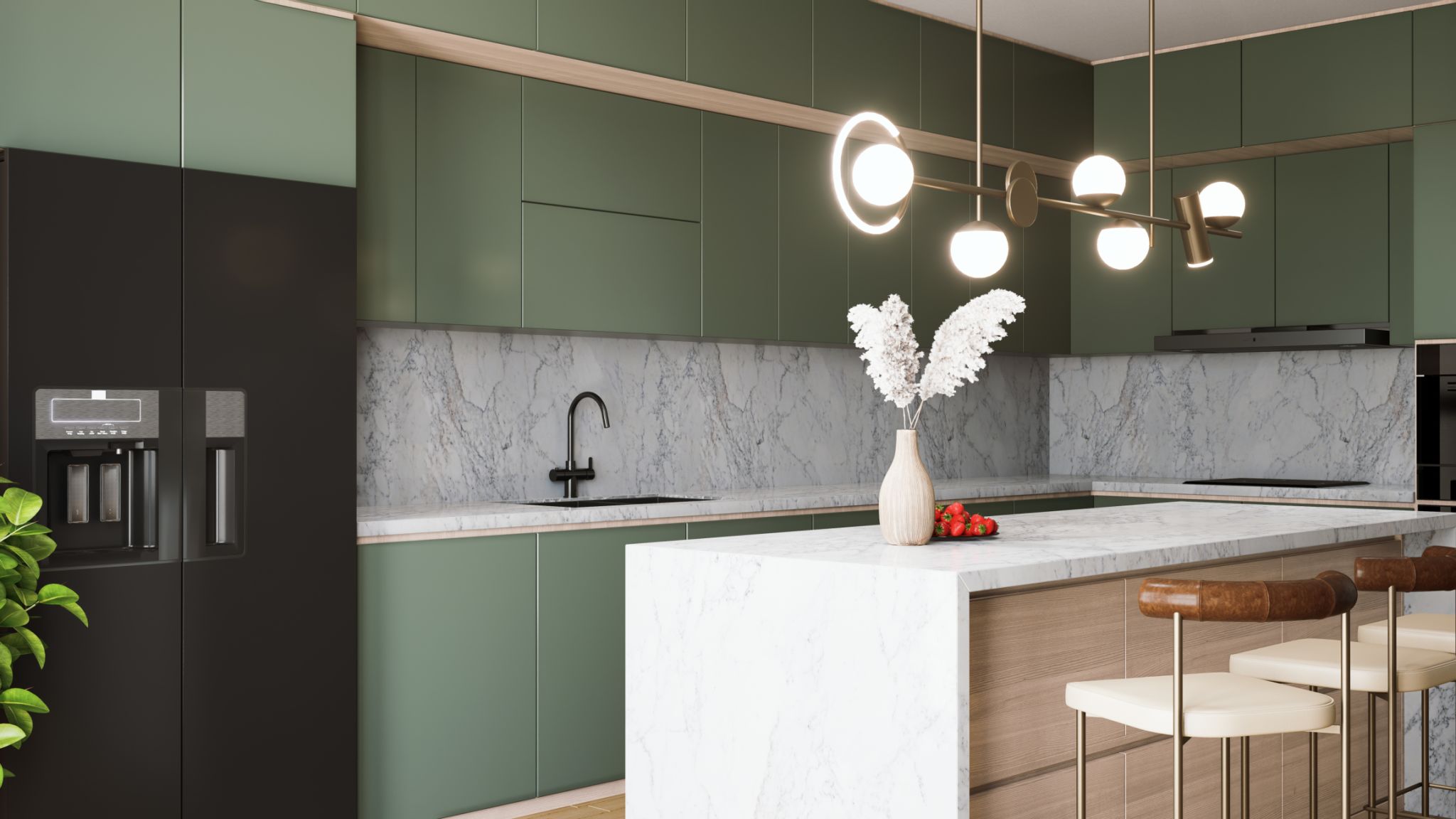Navigating Local Regulations for Kitchen Renovations in DC
Understanding DC Kitchen Renovation Regulations
Embarking on a kitchen renovation in Washington, DC is an exciting project that can significantly enhance your home's value and functionality. However, it's essential to navigate the local regulations effectively to ensure a smooth process. The District of Columbia has specific guidelines and requirements that homeowners must adhere to when renovating their kitchens. Understanding these regulations can help you avoid potential pitfalls and keep your project on track.
The first step in this process is to determine whether your renovation requires a permit. In DC, most kitchen renovations will indeed require a building permit if they involve structural changes, plumbing, or electrical work. Obtaining the correct permits helps ensure that your renovation meets all safety standards and local building codes.

Permitting Process in DC
Once you determine the need for a permit, it's time to understand the permitting process itself. The Department of Consumer and Regulatory Affairs (DCRA) is the agency responsible for issuing building permits in DC. Homeowners or contractors must submit detailed plans and specifications of the proposed work, which will be reviewed for compliance with building codes.
The review process can take some time, so it's crucial to plan ahead. Typically, it involves submitting an application, paying the necessary fees, and potentially making revisions to your plans based on feedback from the DCRA. Keeping detailed records and maintaining clear communication with the authorities can expedite this process.

Historic District Considerations
If your home is located within one of DC's historic districts, additional regulations may apply. Renovations in these areas are subject to review by the Historic Preservation Office (HPO) to ensure that any changes are in keeping with the historic character of the neighborhood. This may require additional approvals and more detailed planning to comply with historic preservation standards.
The HPO review focuses on maintaining the aesthetic integrity of historic properties, which means certain modernizations might be restricted or require specific design elements. Collaborating with professionals who have experience in historic renovations can be beneficial in navigating these additional layers of regulation.

Environmental and Sustainability Requirements
Washington, DC is committed to sustainability and has implemented regulations to encourage environmentally friendly building practices. When renovating your kitchen, consider using sustainable materials and techniques that comply with DC's Green Building Program. This program encourages energy efficiency, recycling, and the use of renewable resources.
Incorporating green building practices not only aligns with local regulations but also enhances the long-term value and efficiency of your home. Whether it's installing energy-efficient appliances or using recycled materials for cabinetry, there are numerous ways to create a sustainable kitchen space.

Working with Professionals
Given the complexities involved in navigating local regulations for kitchen renovations in DC, working with experienced professionals can be invaluable. Hiring architects, contractors, or designers who are familiar with DC's building codes and processes can streamline your renovation project.
Professionals can assist in ensuring that your renovation plans are compliant with all relevant regulations and help manage the permitting process efficiently. Their expertise can save you time and prevent costly mistakes that might arise from non-compliance.
Conclusion
Successfully navigating local regulations for kitchen renovations in Washington, DC requires thorough planning and an understanding of the permitting process. By familiarizing yourself with the requirements and working with knowledgeable professionals, you can ensure that your renovation project is both legally compliant and aligned with your vision for an improved kitchen space.
Taking the time to understand and adhere to these regulations not only avoids potential legal issues but also contributes to a successful and rewarding renovation experience.